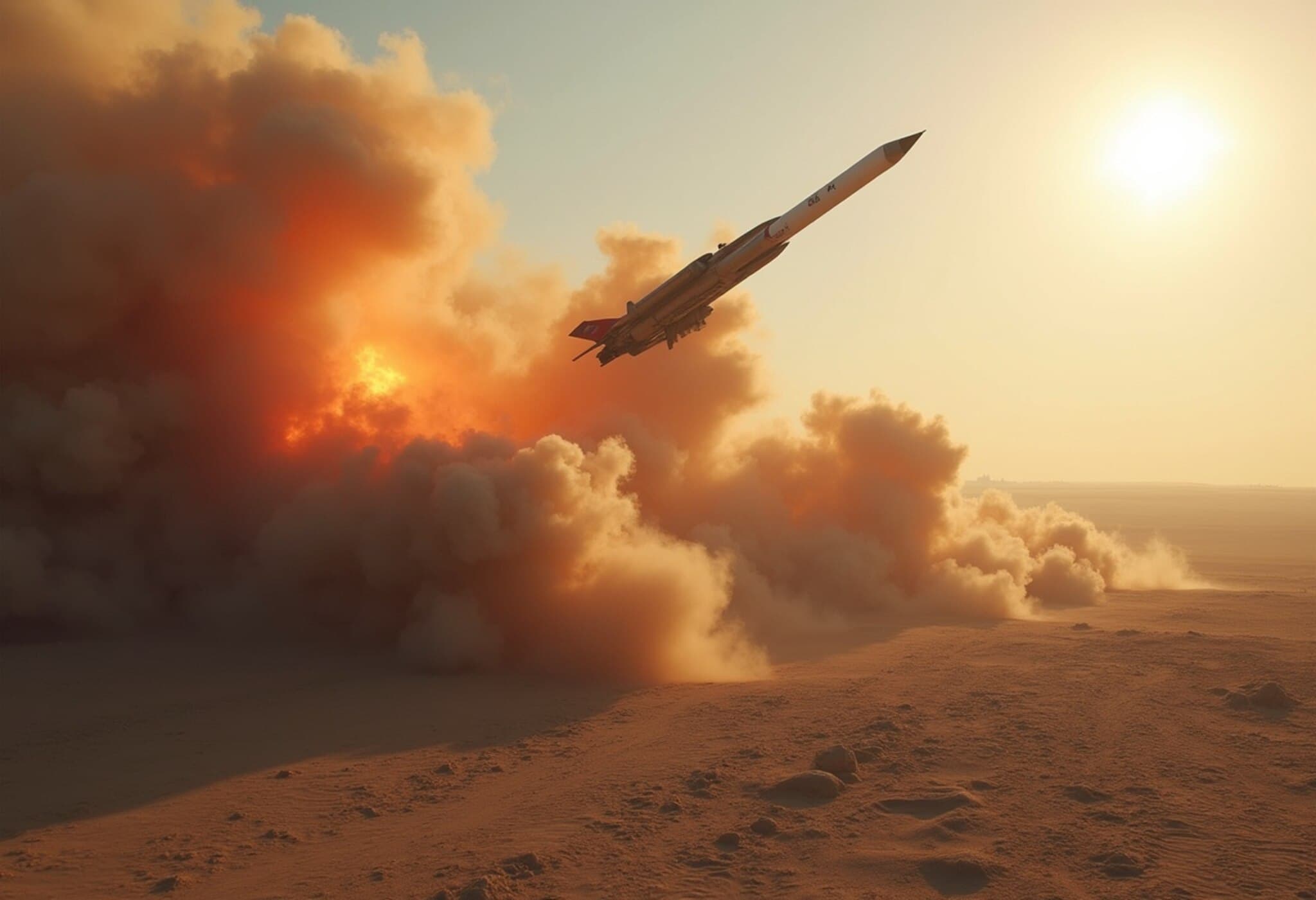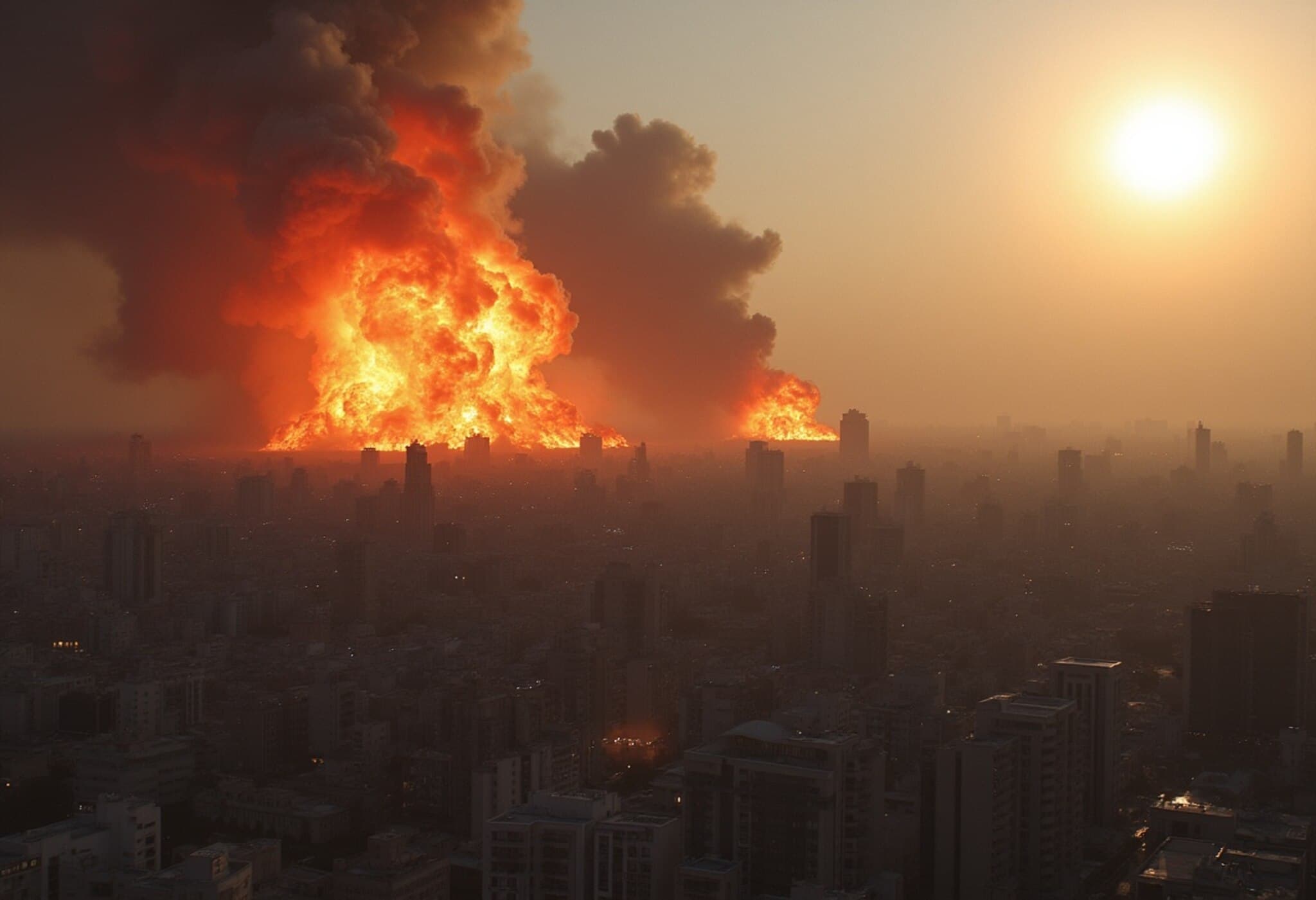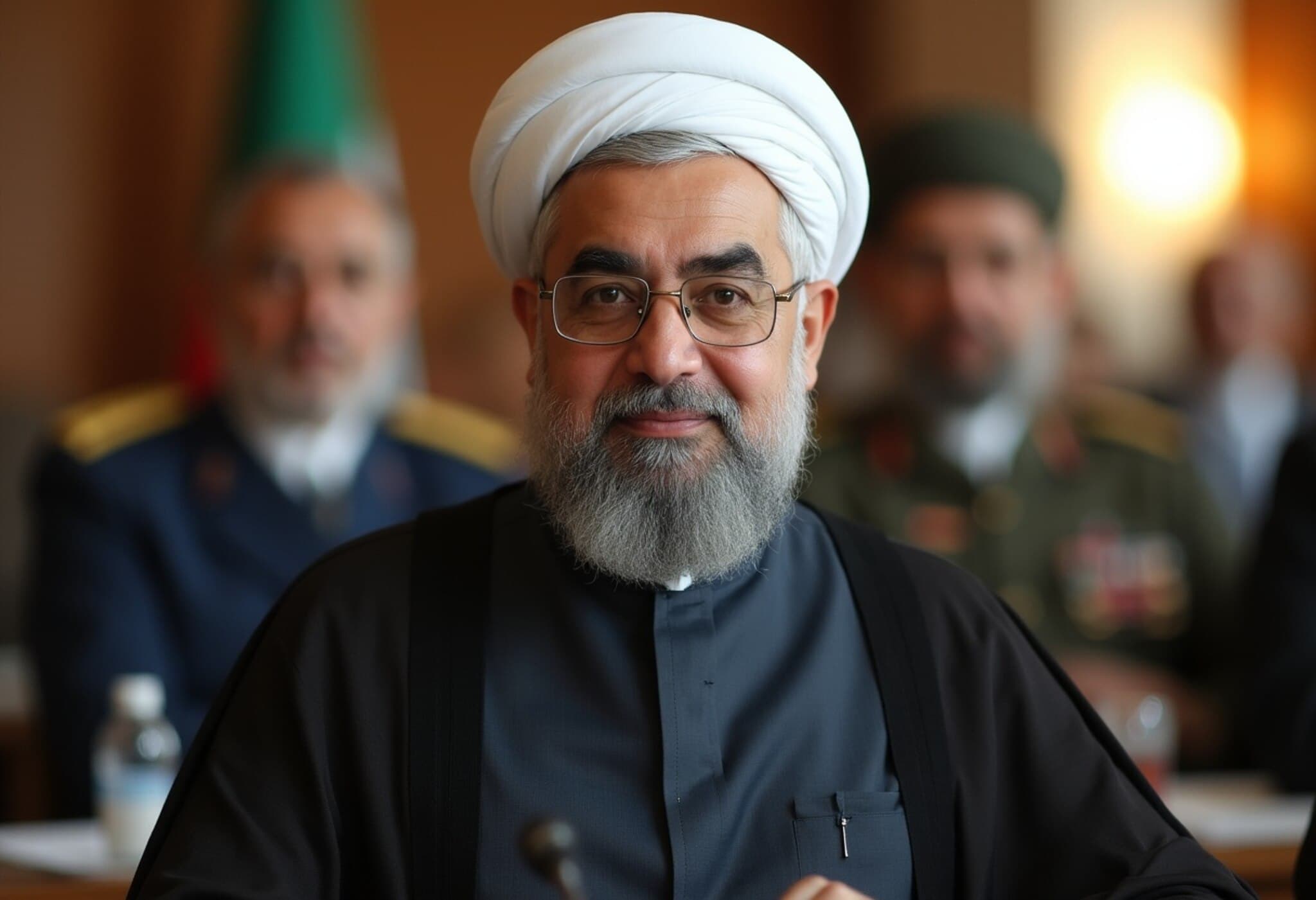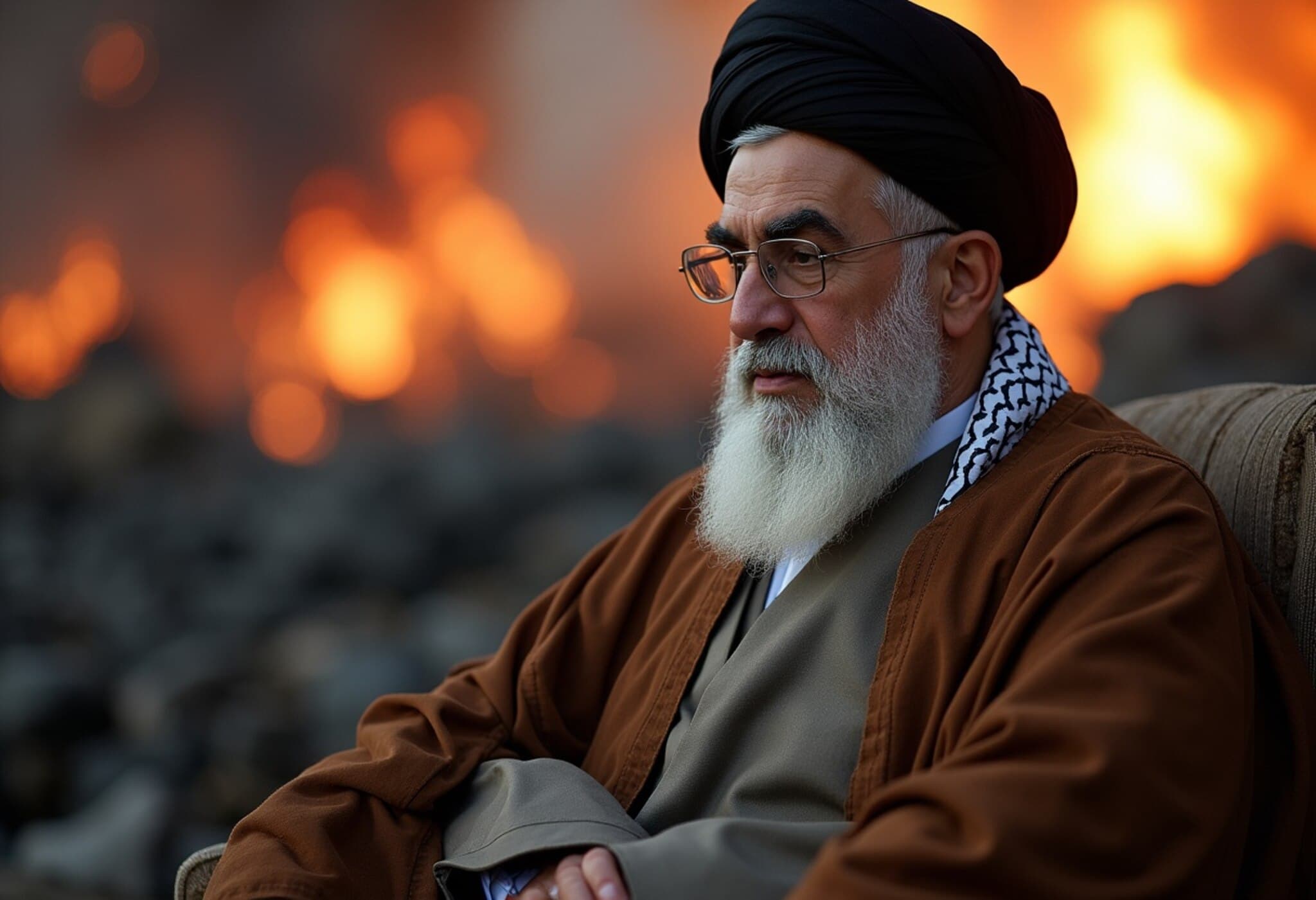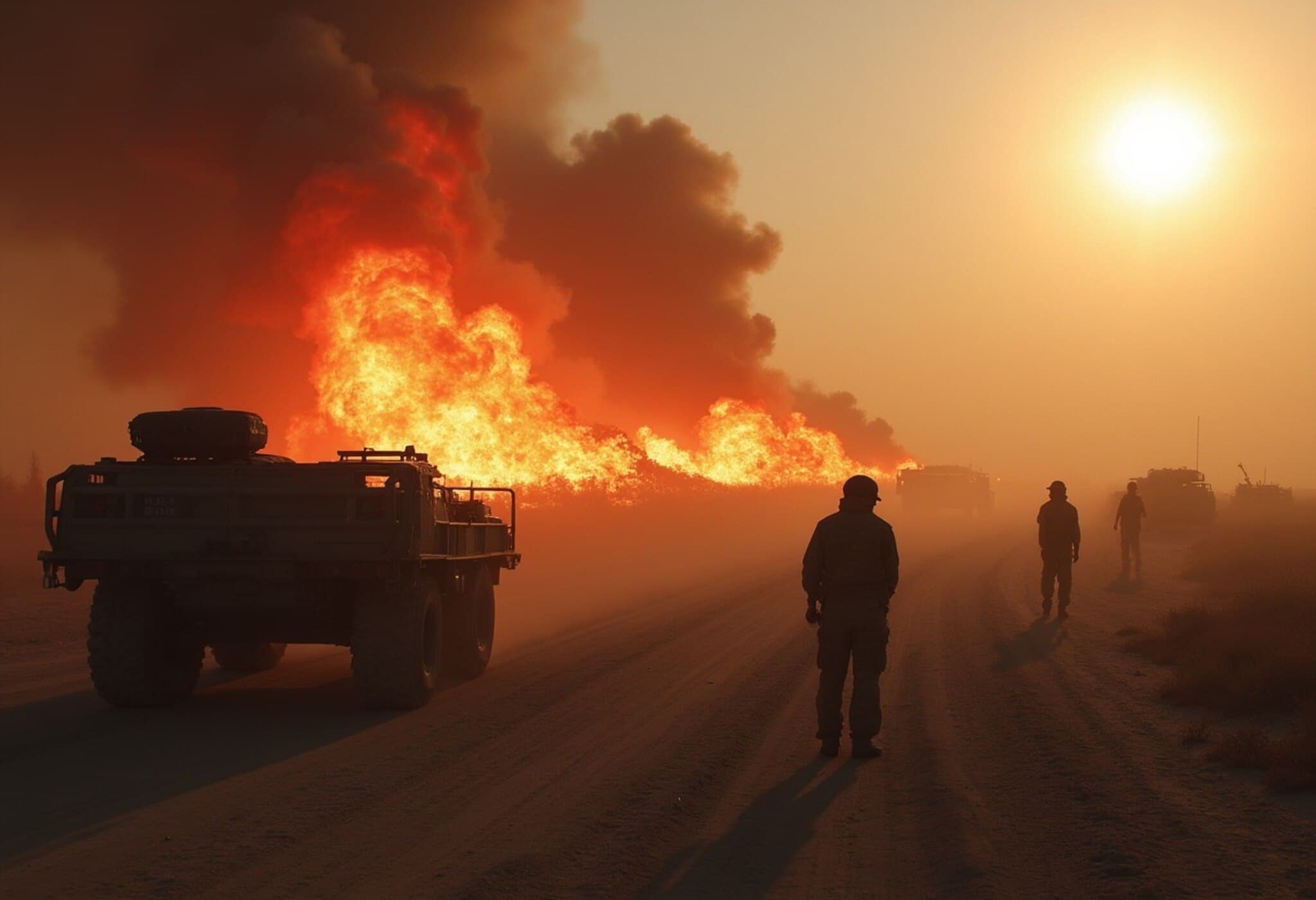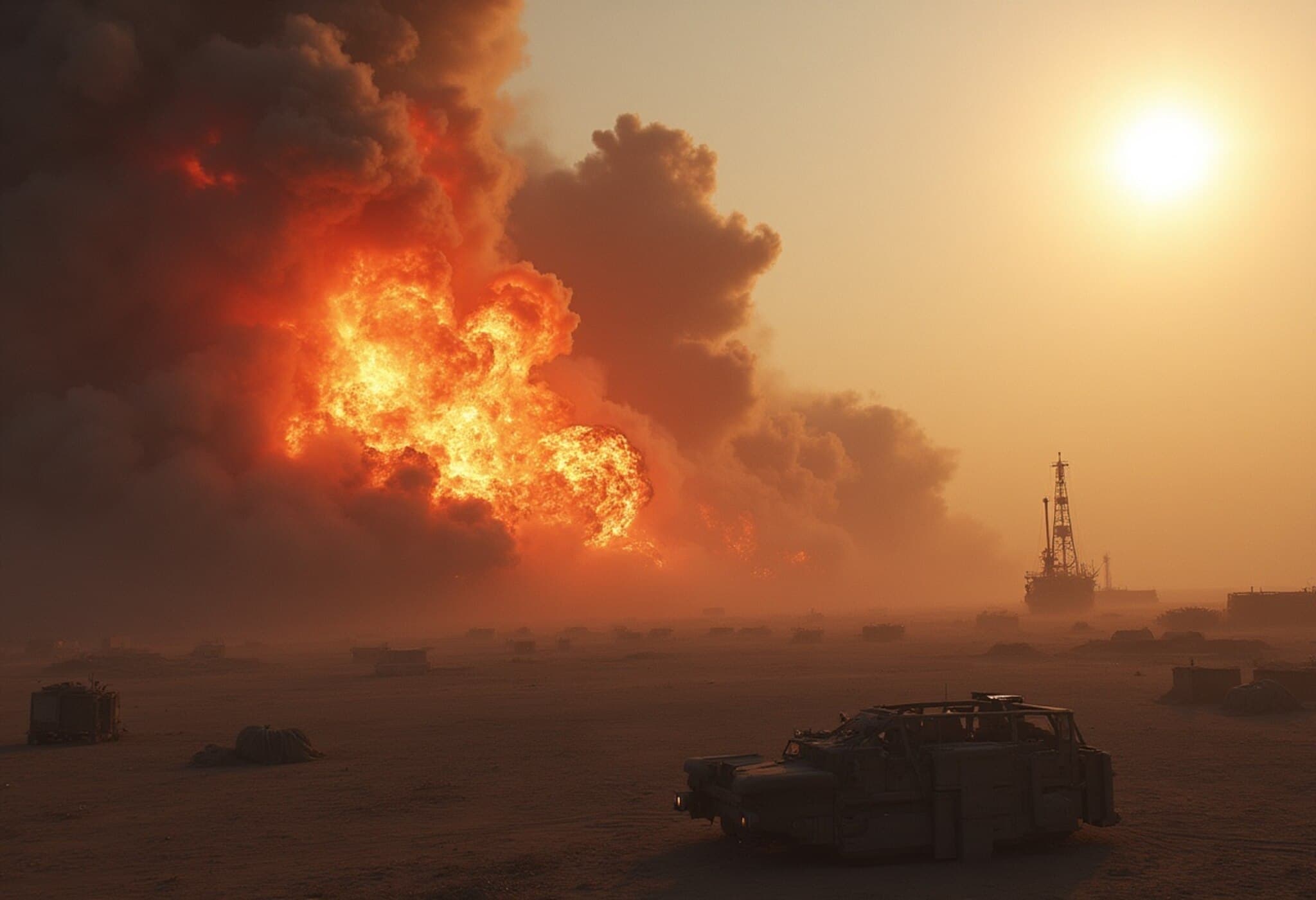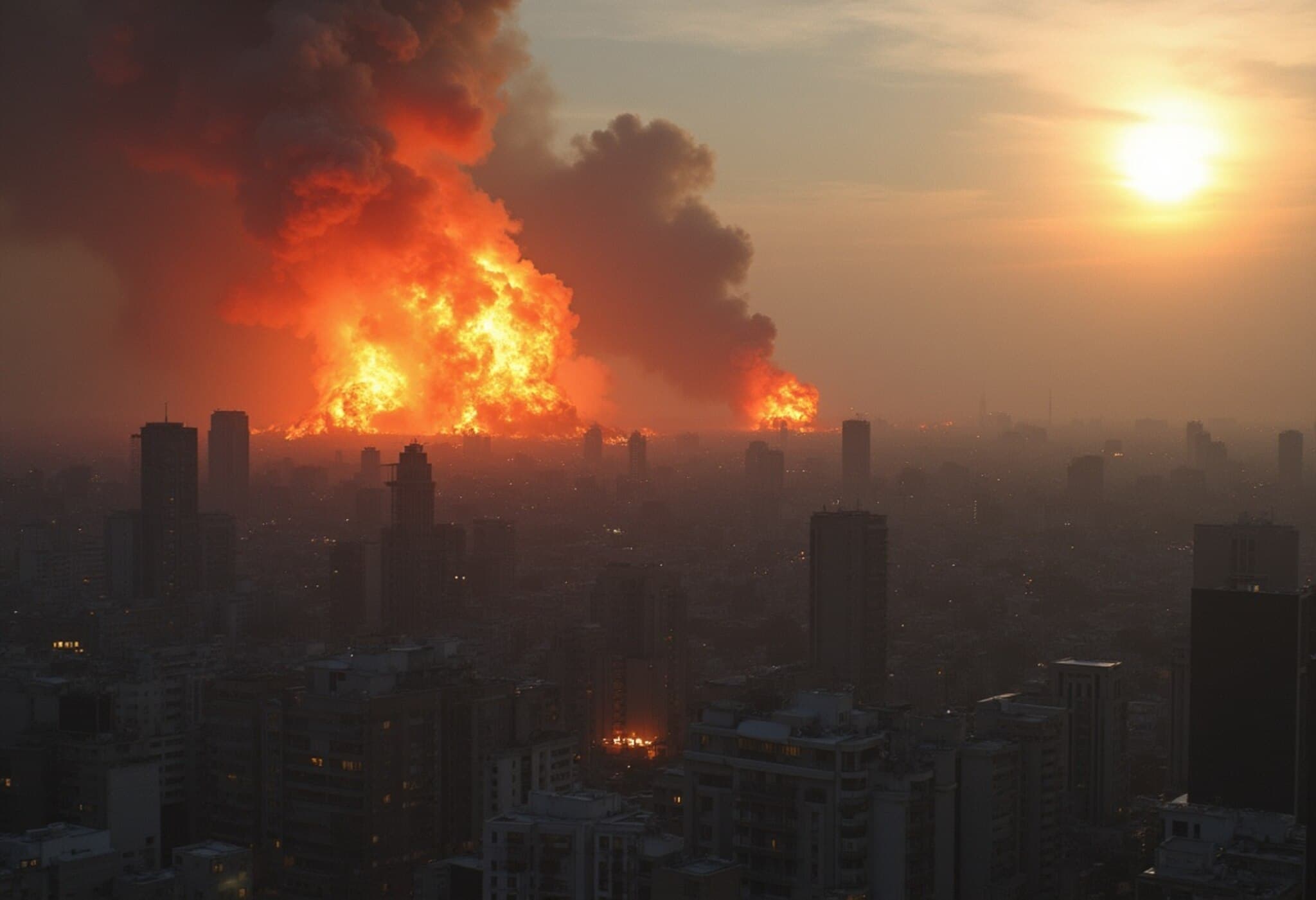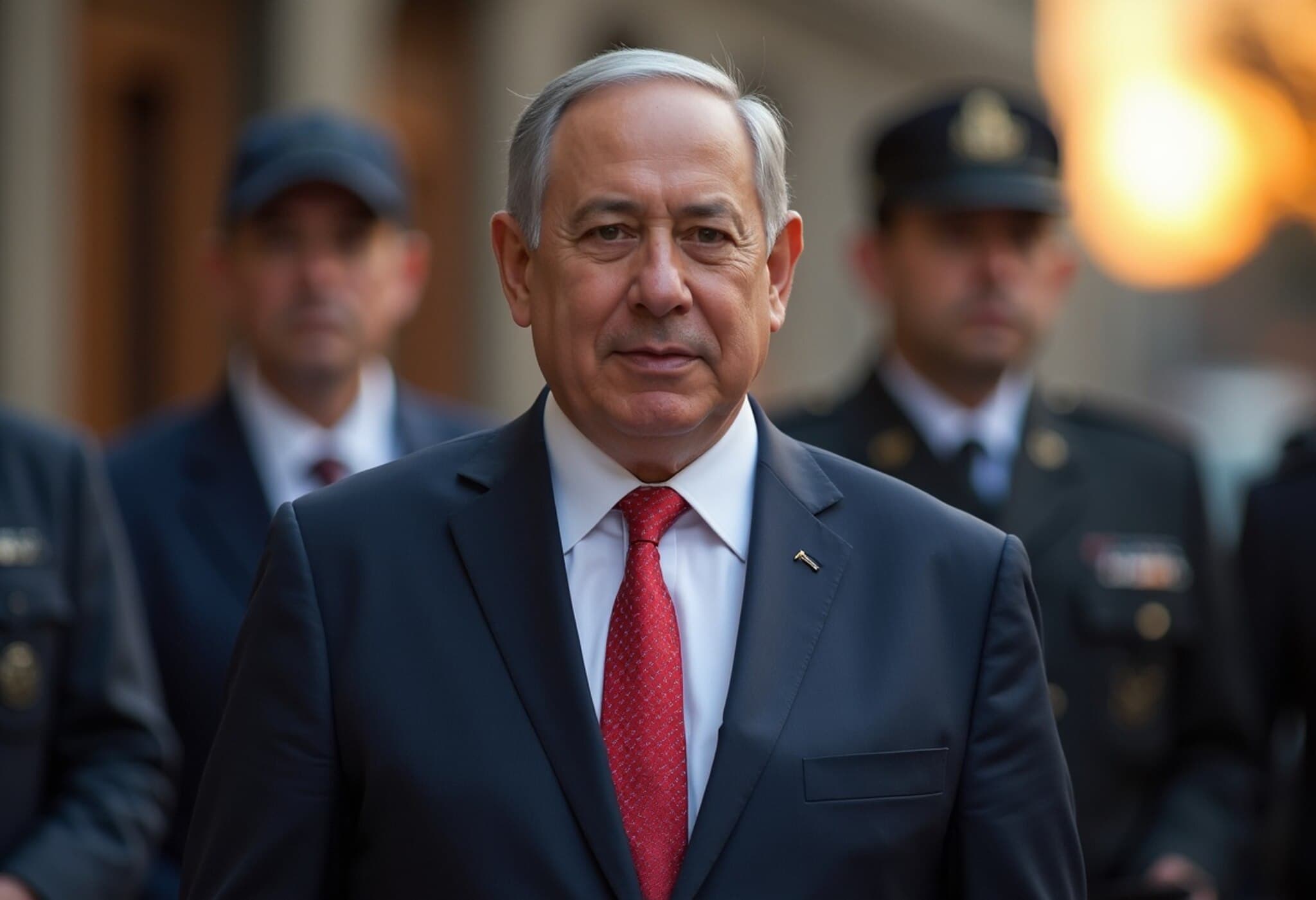Iran Justifies Missile Strikes on US Base in Qatar
Iran has publicly defended its recent missile attack on the US military base at Al-Udeid in Qatar, framing the operation as an act of self-defense authorized under Article 51 of the United Nations Charter. This escalation follows the United States’ June 22 strikes on several Iranian nuclear facilities, intensifying tensions across the Middle East.
Official Statement: A Response to US Aggression
Esmaeil Baqaei, spokesperson for the Iranian Foreign Ministry, emphasized that Tehran’s missile strikes were a direct retaliation against what it described as “unprovoked aggression” undermining Iran’s sovereignty and territorial integrity. Importantly, Baqaei clarified that the attack was not aimed at Qatar or its people.
“Iran’s military strikes on the American base at Al-Udeid were undertaken as a legitimate exercise of our self-defense rights under the UN Charter,” Baqaei stated on social media platform X. “This action does not concern our friendly neighbor Qatar, with whom we maintain excellent and enduring relations.”
Maintaining Regional Ties Amid Strife
Despite the military confrontation, Iran reaffirmed its commitment to peaceful relations with Qatar and other Gulf nations, condemning attempts by the US and Israel to foment division across the region. Baqaei underscored Tehran’s intention to prevent external aggressions from undermining ties with neighboring states.
Context: Escalation After Nuclear Site Strikes
The missile attack targeted Al-Udeid, the US military’s largest base in the Middle East. This action came just days after American forces struck key nuclear sites in Fordow, Natanz, and Isfahan, reportedly to halt Iran’s advancing nuclear program.
Reports indicate that multiple missiles were fired not only at the base in Qatar but also at US installations in Iraq, signaling a broader regional response from Iran.
US Response: Minimizing Impact
In reaction, the US President took to Truth Social to downplay the effectiveness of Iran’s missile strikes. “Iran’s response to our destruction of their nuclear sites was very weak, as expected,” he claimed. “Out of 14 missiles launched, 13 were intercepted, and the one that wasn’t was not a threat.”
The President further asserted that no American lives were lost and damage was minimal, thanking Iran for providing early warning that helped prevent casualties.
What Lies Ahead?
This tit-for-tat military exchange marks a volatile chapter in Middle Eastern geopolitics, with both sides signaling continued vigilance. Iran’s framing of the missile strikes as lawful self-defense contrasts sharply with the US position, which emphasizes containment of Iran’s nuclear ambitions. The situation remains fluid, underscoring the delicate balance of power in the region and the risks of further escalation.

